32 things to consider when you get a kitten
Getting a kitten is a fun and exciting time. But you’ll want to be sure to consider these things when bringing home your new bundle of joy.

Kittens require lots of love, attention and toys to play around with. Although, you may find that they will choose their own toys around the house that you might not necessarily want them playing with.
Things like breed, how much space you have, and whether or not you already have other pets in the house are just a few things you may want to consider before adding a kitten to your home. Here are 32 tips and some sound advice for this new adventure.
1. Type of Breed
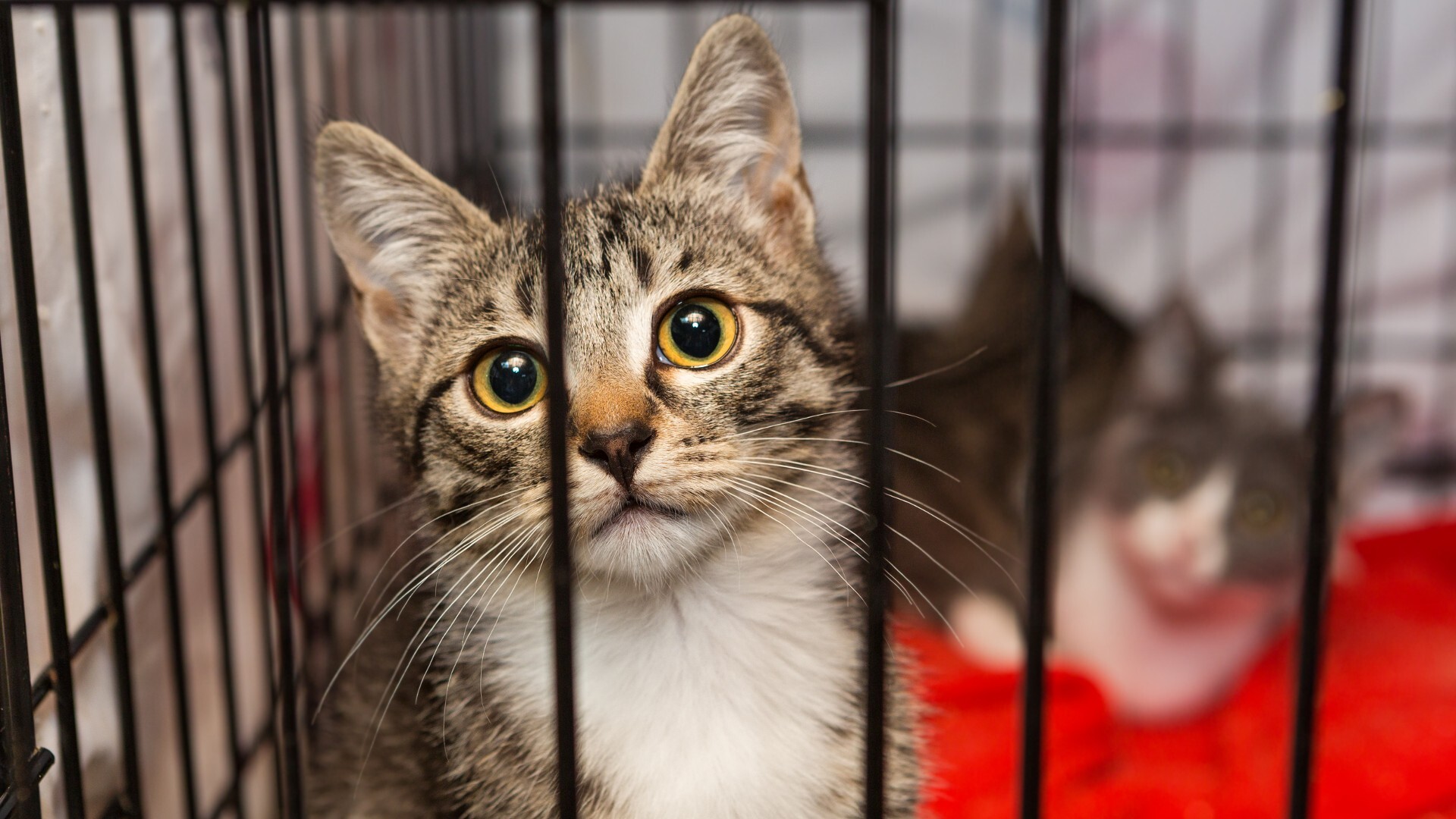
Whether you think you’ve been reading up on facts about Siamese cats or an American Shorthair, the type of kitten is something very important to consider. Each different breed will have its own unique needs when it comes to care. Some will prefer more stimulating environments such as the Burmese who are filled with curiosity. Others will need physical activity such as the Abyssinian.
2. How much time you spend at home

A new kitten will be happier when close to its new family so it’s worth reading up on how long you can leave a cat alone. So being able to dedicate some time to bonding with your new bud, at least in the beginning will make a big difference.
Get the best advice, tips and top tech for your beloved Pets
3. First impressions matter

Introducing your new furry friend to other animal friends in the house can be a big change for pets you may already have. Things like allowing new animals to become familiar with each other’s scent and encouraging positive interactions are crucial when adding a new furry friend to your home. It’ll be well worth reading up on how to introduce a kitten to a cat if you already have a pet at home.
4. Kitten-proof your house

It may be helpful to kitten-proof your home ahead of time. Putting away anything you won’t want your kitten to mess around with or knock over.
5. Choose a vet

You’ll be spending a good amount of time in the beginning at the vet, getting vaccinations and check-ups done. So finding a vet that you are happy and comfortable with is key. We also recommend taking the time preparing for your kitten’s first vet visit so you know what to expect. 6.
6. Make dedicated playtime
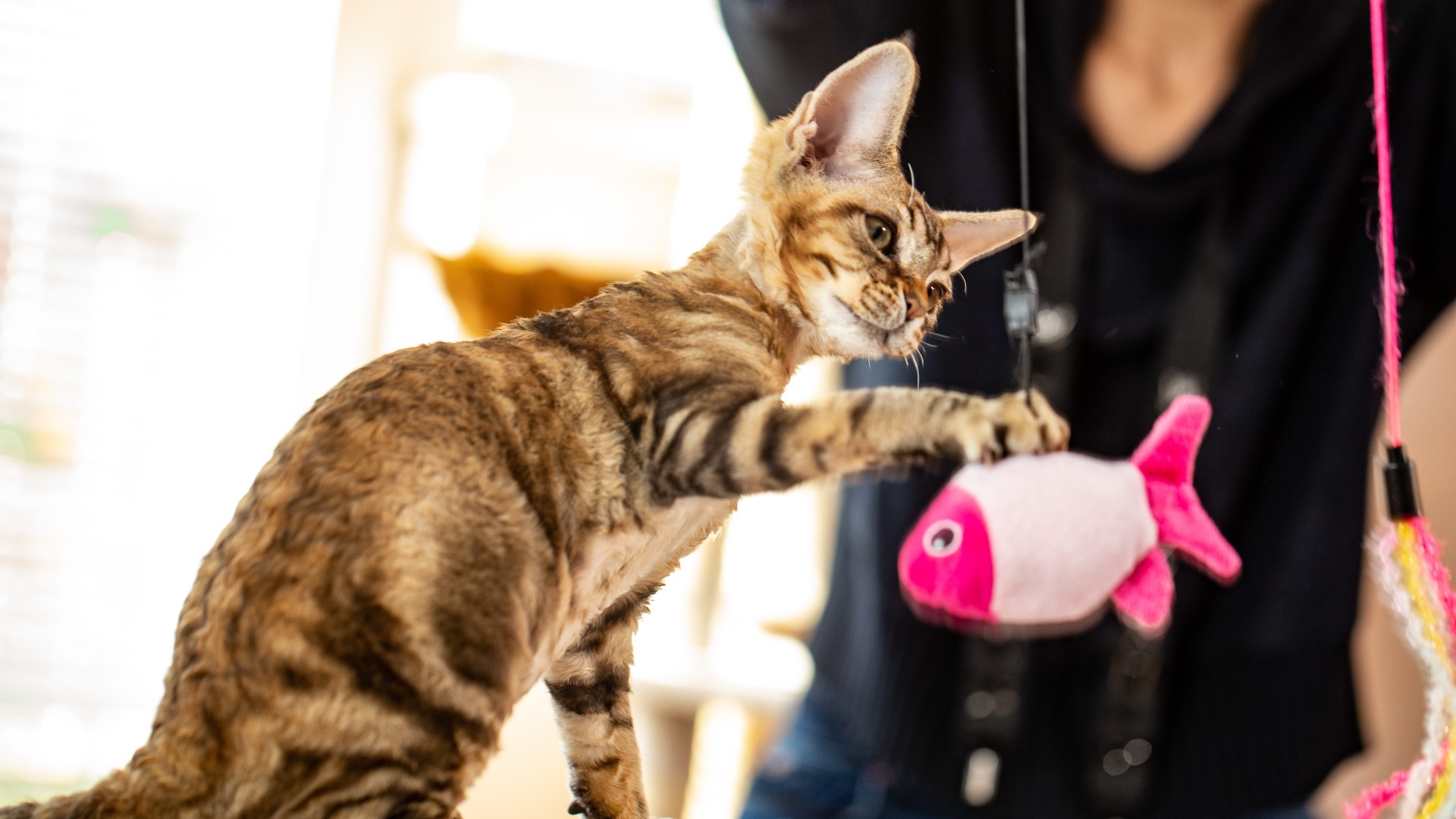
Kittens may be tiny but they are packed full of energy and will love some time playing around with you. You may wonder how to play with a kitten but rest assured that there are endless games and activities you can do with your new friend.
7. Supplies, supplies, supplies
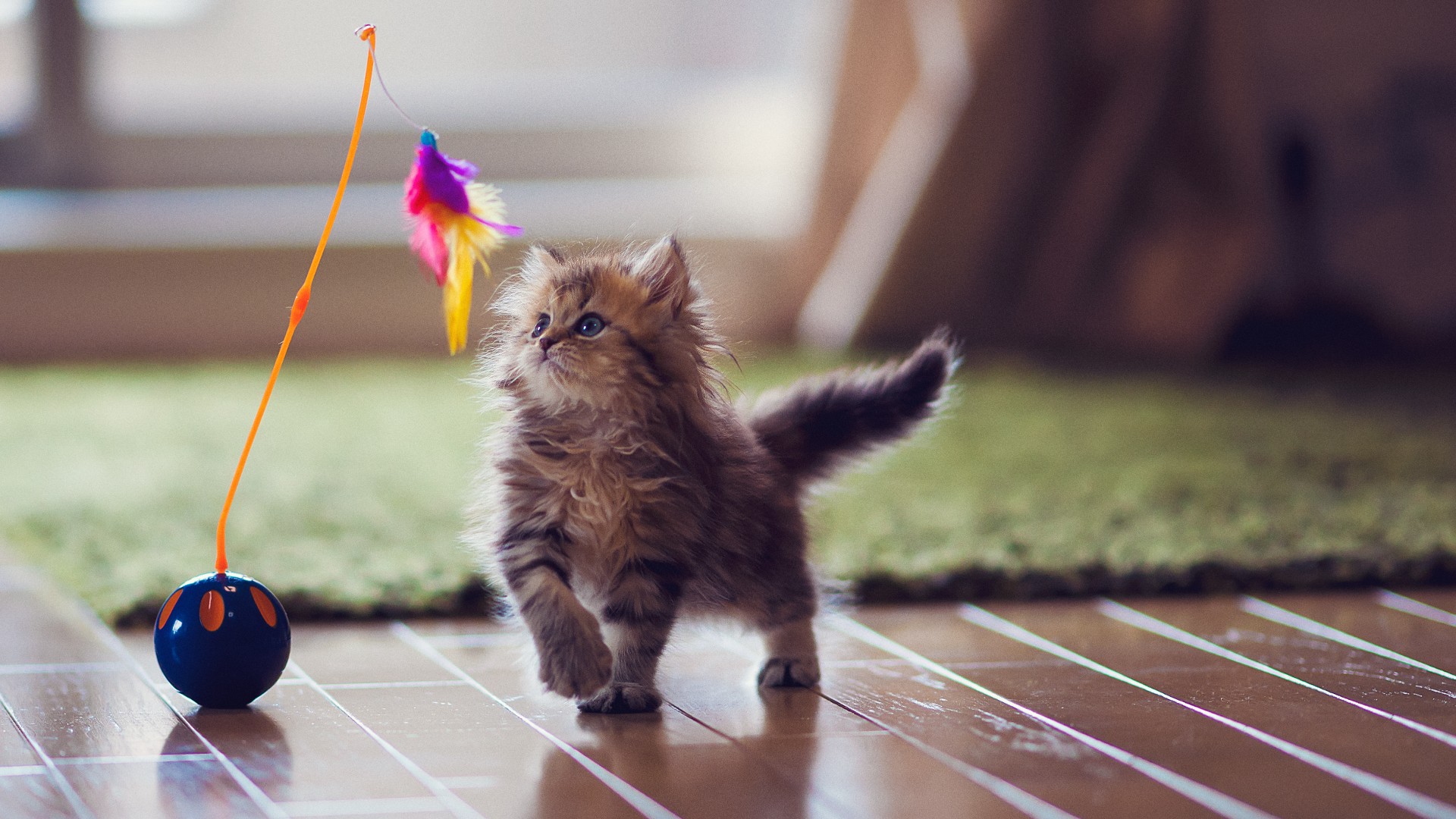
Maybe an obvious tip, but you’ll want to make sure that you have everything you need before welcoming your new kitten into your home. Everything from the best kitten toys to litter boxes, having everything ready to go will make the transition easier for everyone. 8.
8. Litter train
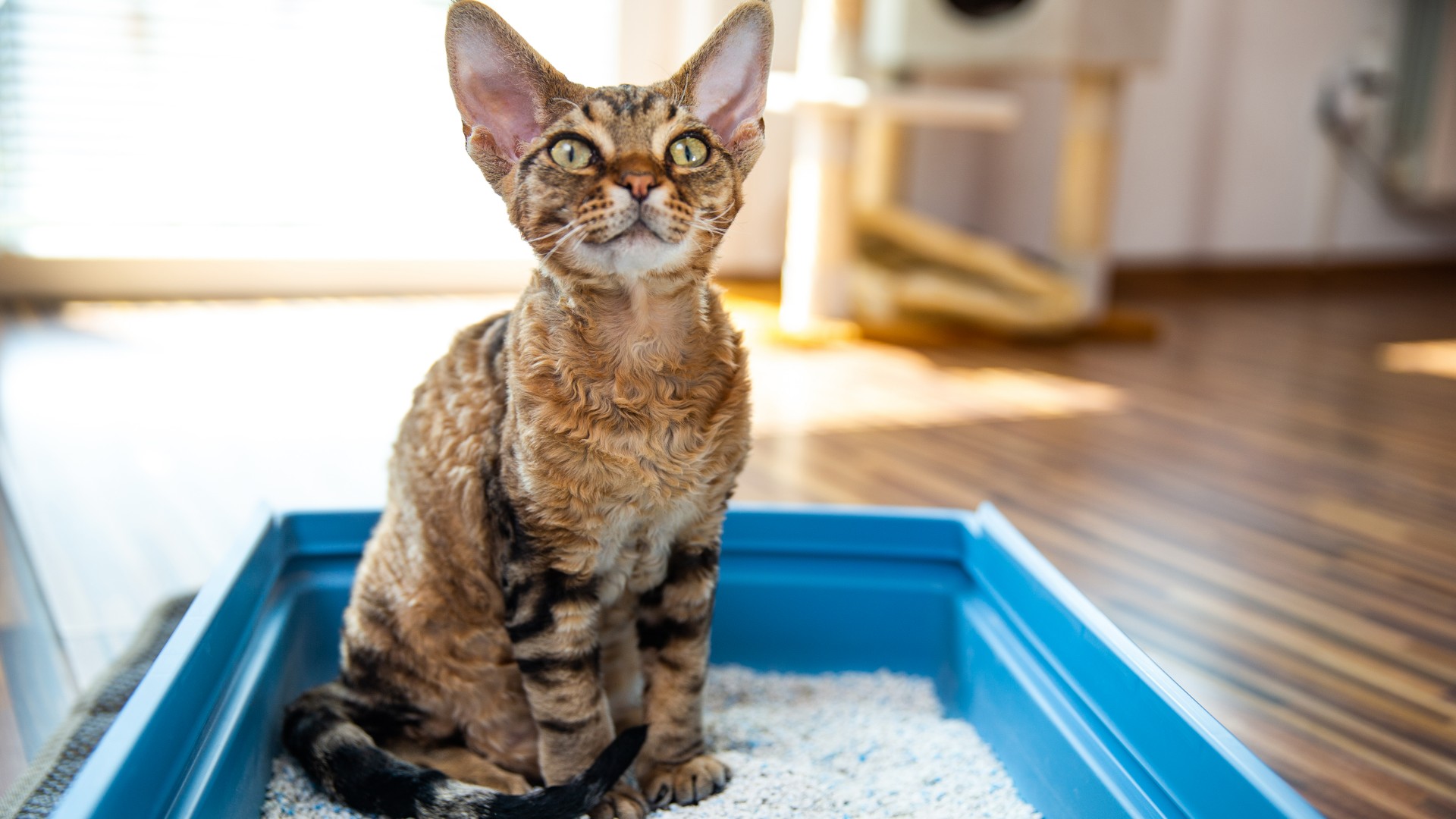
You’ll want to dedicate some time and effort to from the start. Getting the right supplies together and a plan of action will help set you and your kitten up for success.
9. Type of food

Kittens will require a different type of food than older cats at first. At this stage of your kitten’s life, they will require a different ratio of protein and fats. So finding the best kitten food will be super important.
10. Make a dedicated kitty space
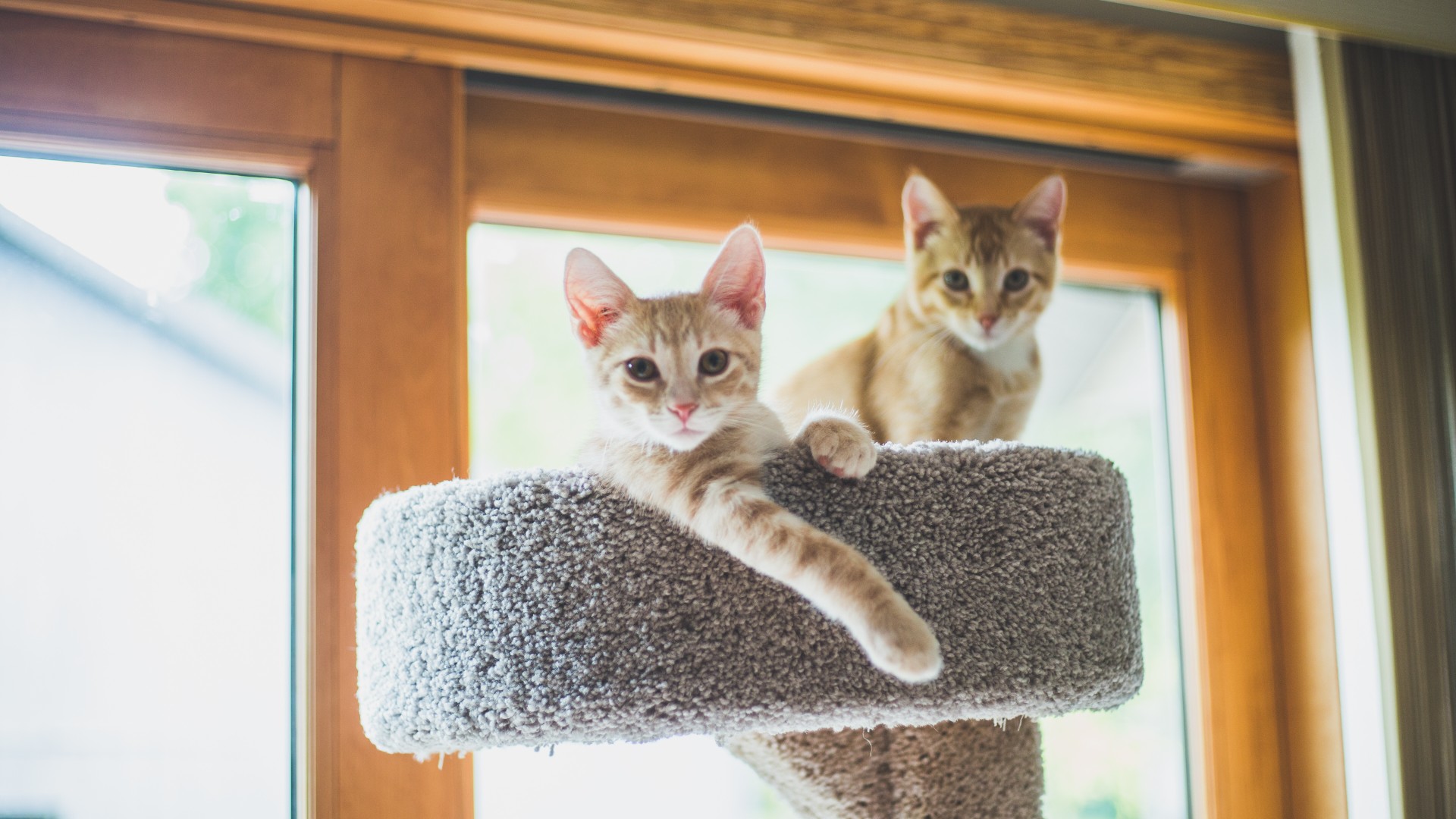
This space will serve as your kitten’s main area. In this space, you can add things like toys or a food and water bowl. This cozy space can even include a cat bed for your new kitten to feel at home in.
11. Invest in climbing equipment
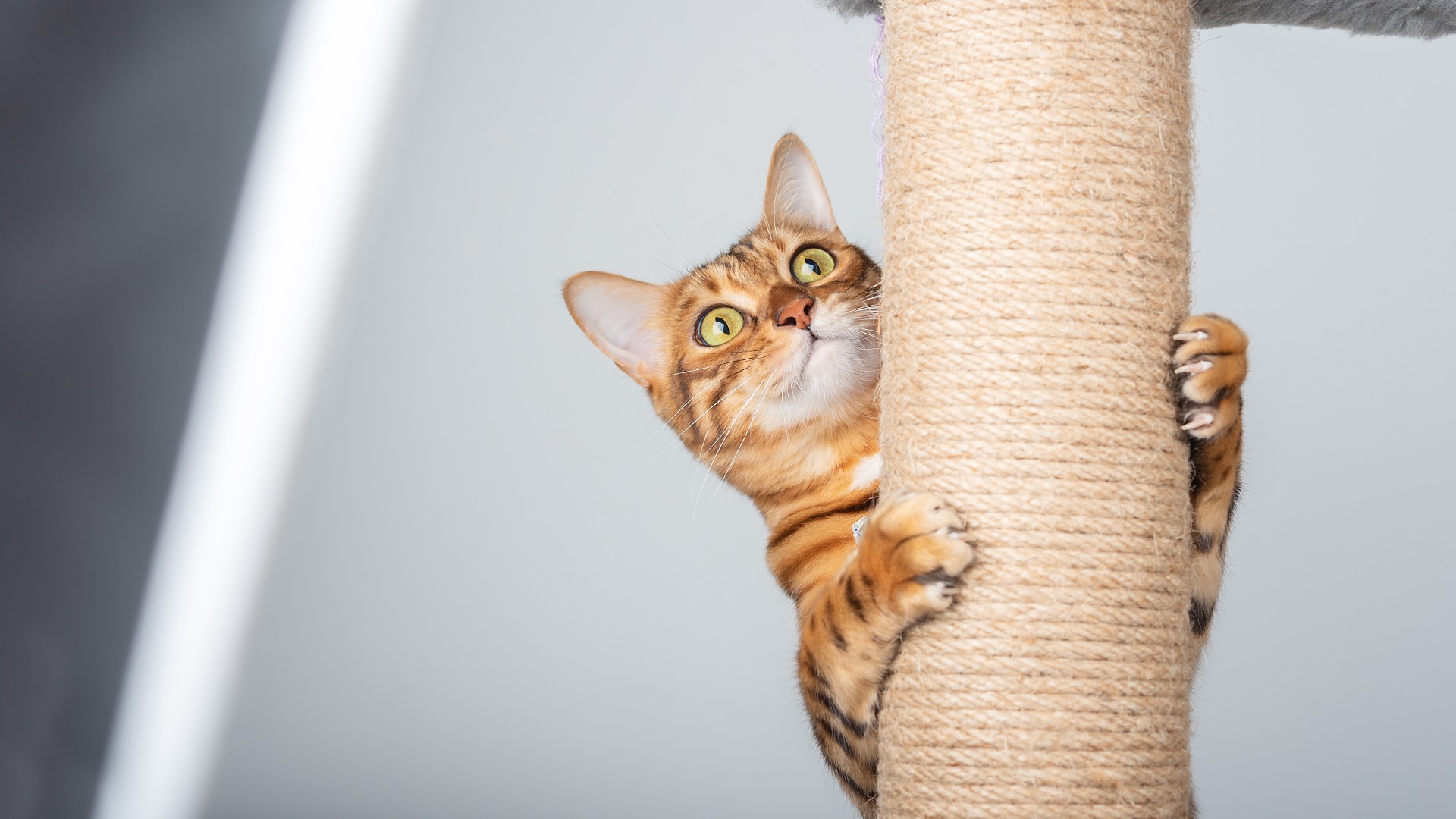
This can be set up in your kitten’s dedicated space or anywhere else in the home. Climbing posts or other cat playground ideas can help your kitty burn off extra energy and meet their need for exploring.
12. Choose a cat carrier
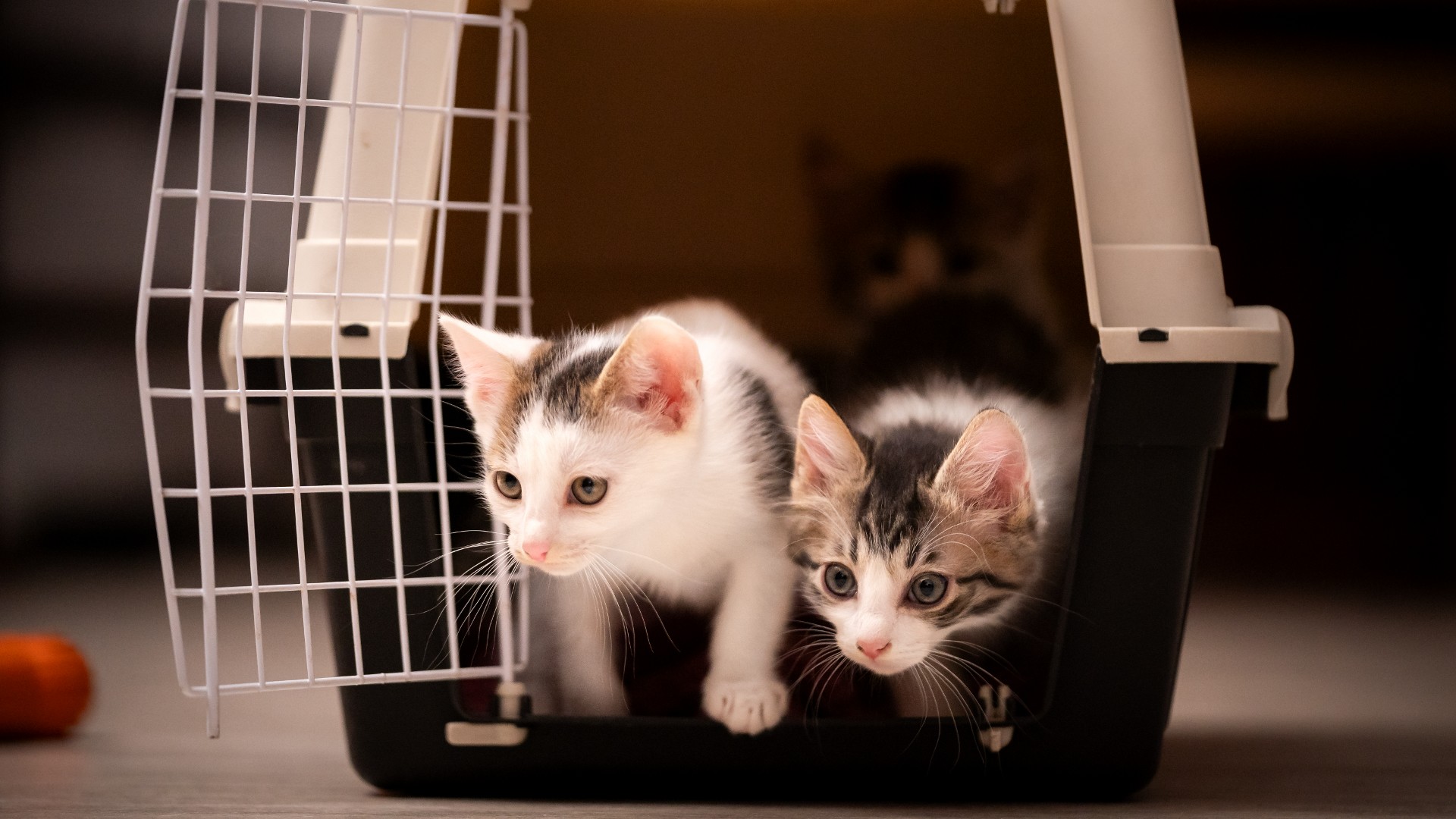
You will need something to transport your new friend home and to the vet. So investing in a quality carrier is important. Things like size and safety features are just a few things you’ll want to consider when trying to find the best cat carrier for your kitten.
13. Introducing your kitten to children
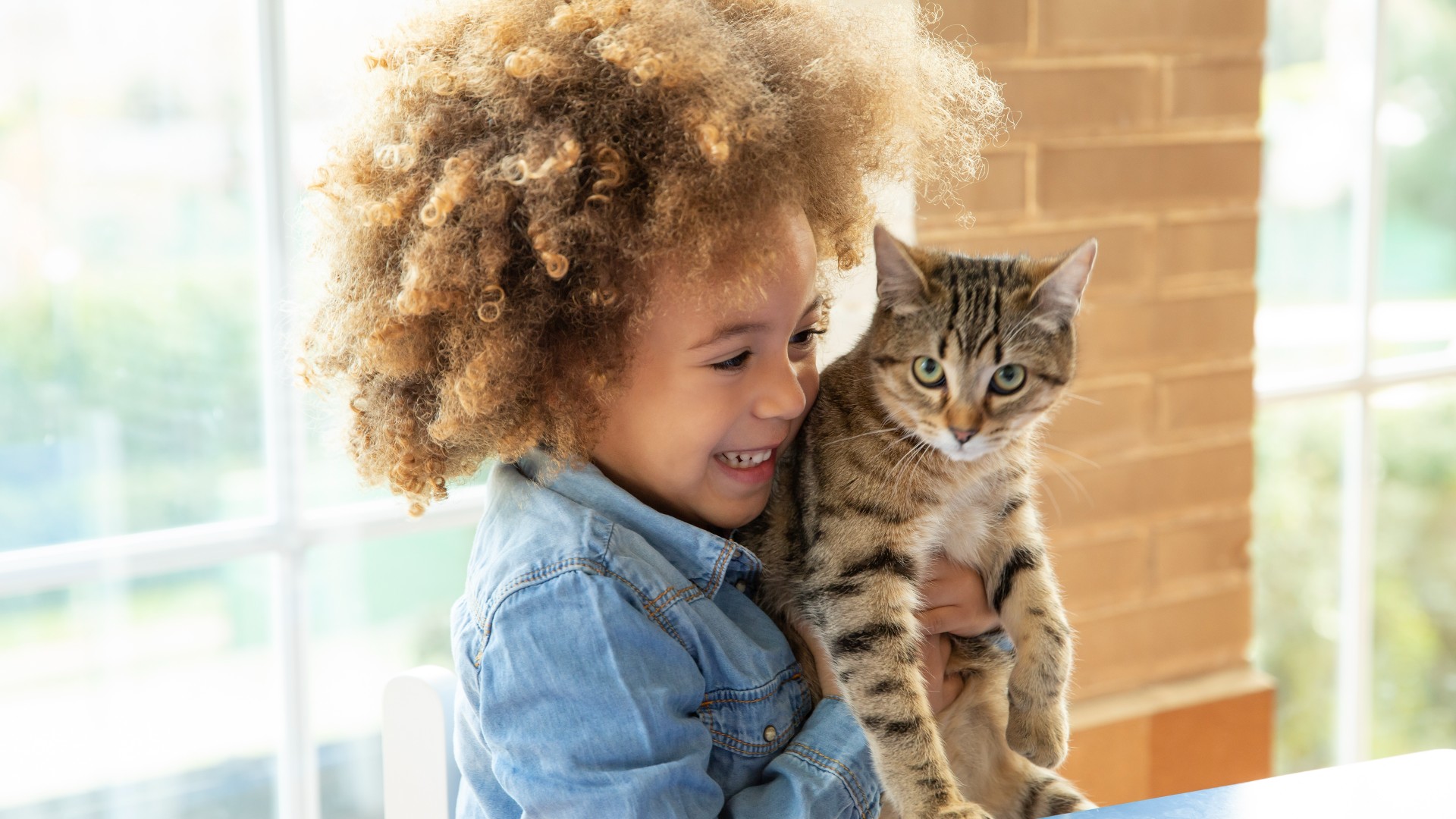
Whether you have a baby or older children, you’ll want to take care in how you introduce the newest addition to your family. With older children, you can make sure to talk about the arrival of your new kitten. It is also worth teaching little ones that kittens may scratch and what to do if that happens.
14. Buying or adopting
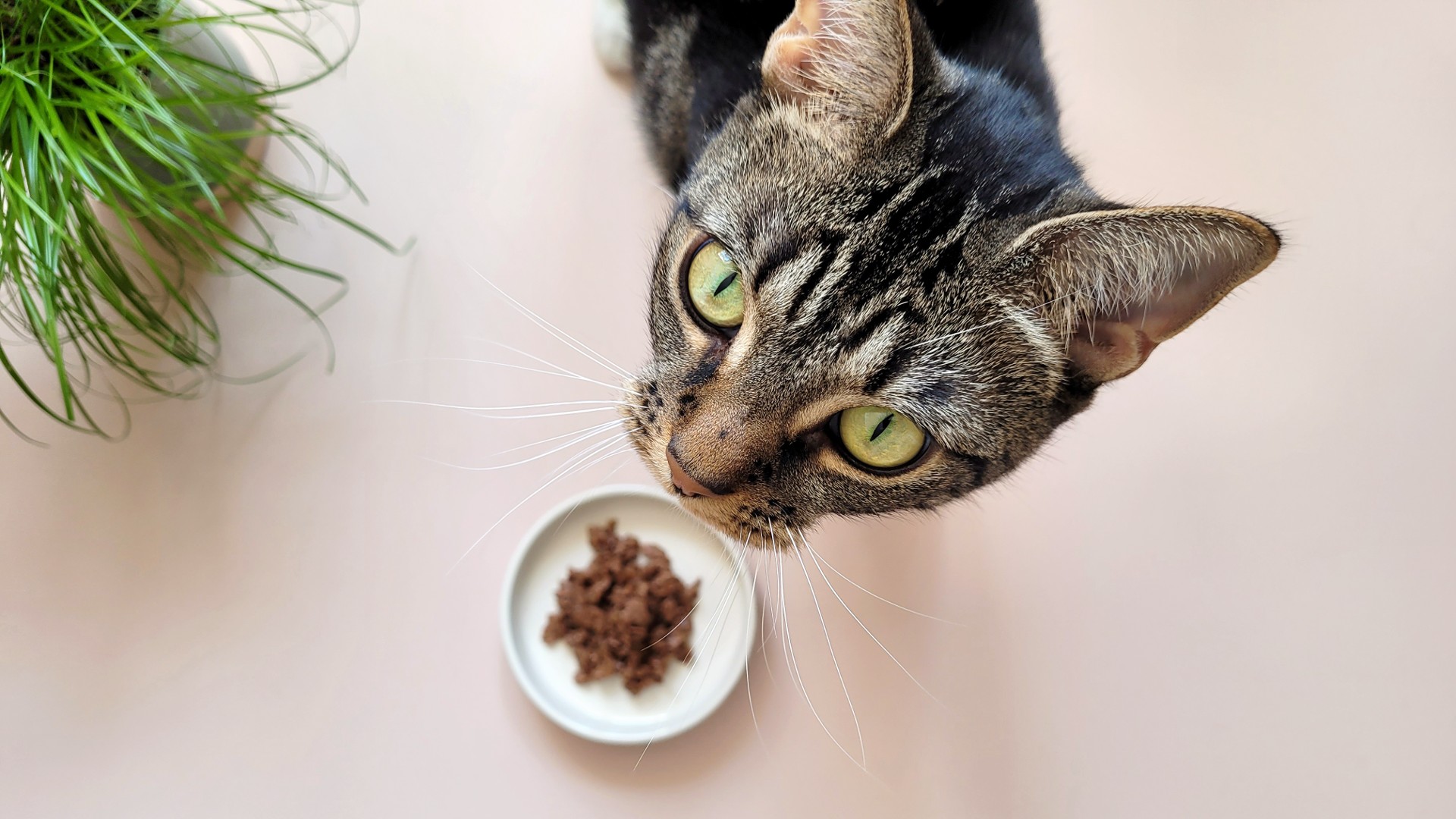
It is also worth considering if you want to adopt a kitten from a shelter or a breeder. Factors that go into this decision could be if there was a particular breed of cat you wanted, or if you would rather offer a home to a kitten without one, you may choose to adopt.
15. Is this the right time to get a kitten?
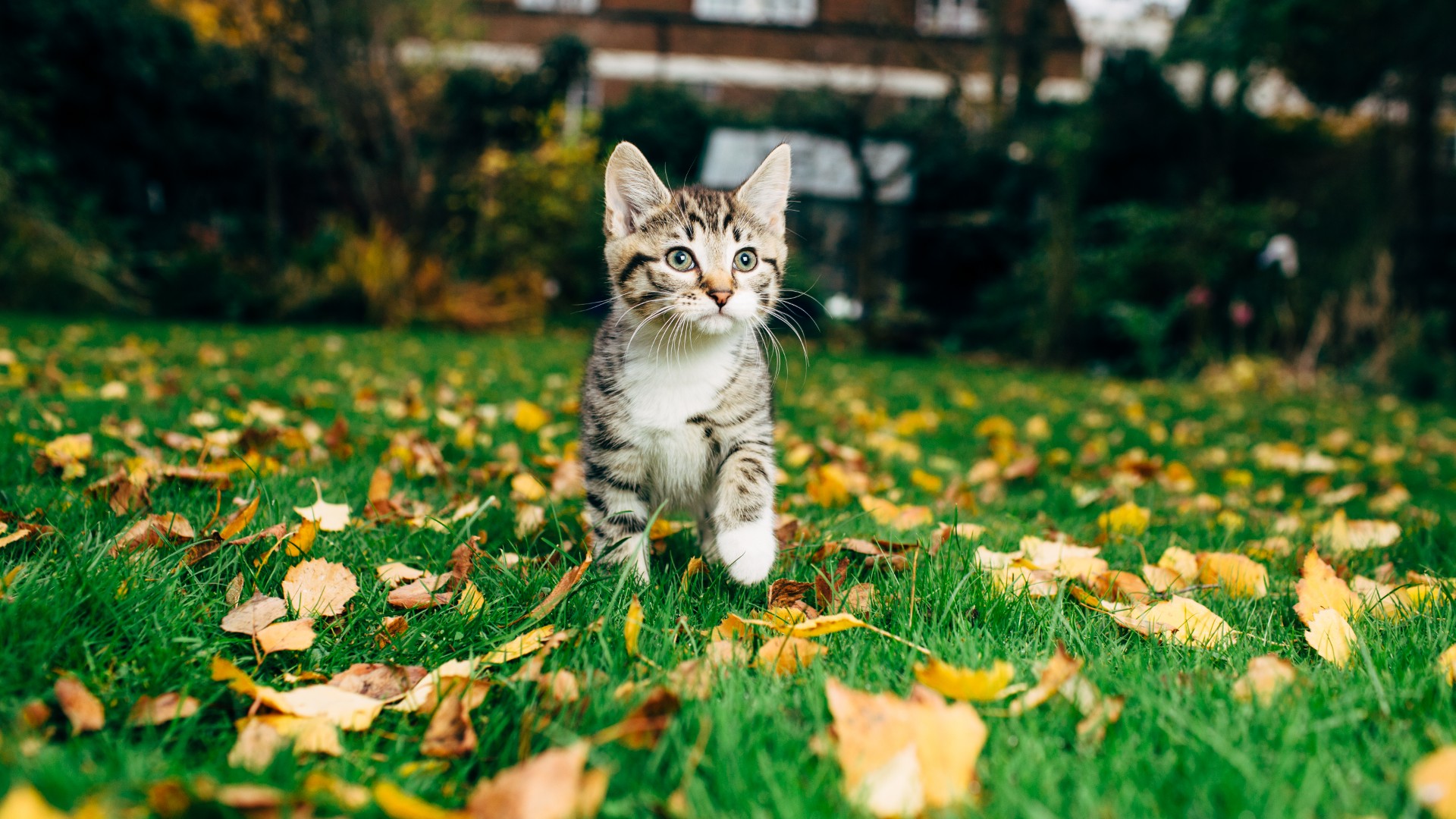
You’ll want to be sure that this is a relatively calm time in your life. Bringing in a new pet requires a lot of time and attention. If there are already big life changes happening for you, you may want to wait a little longer before bringing home a new kitten.
16. Decide on a type of collar
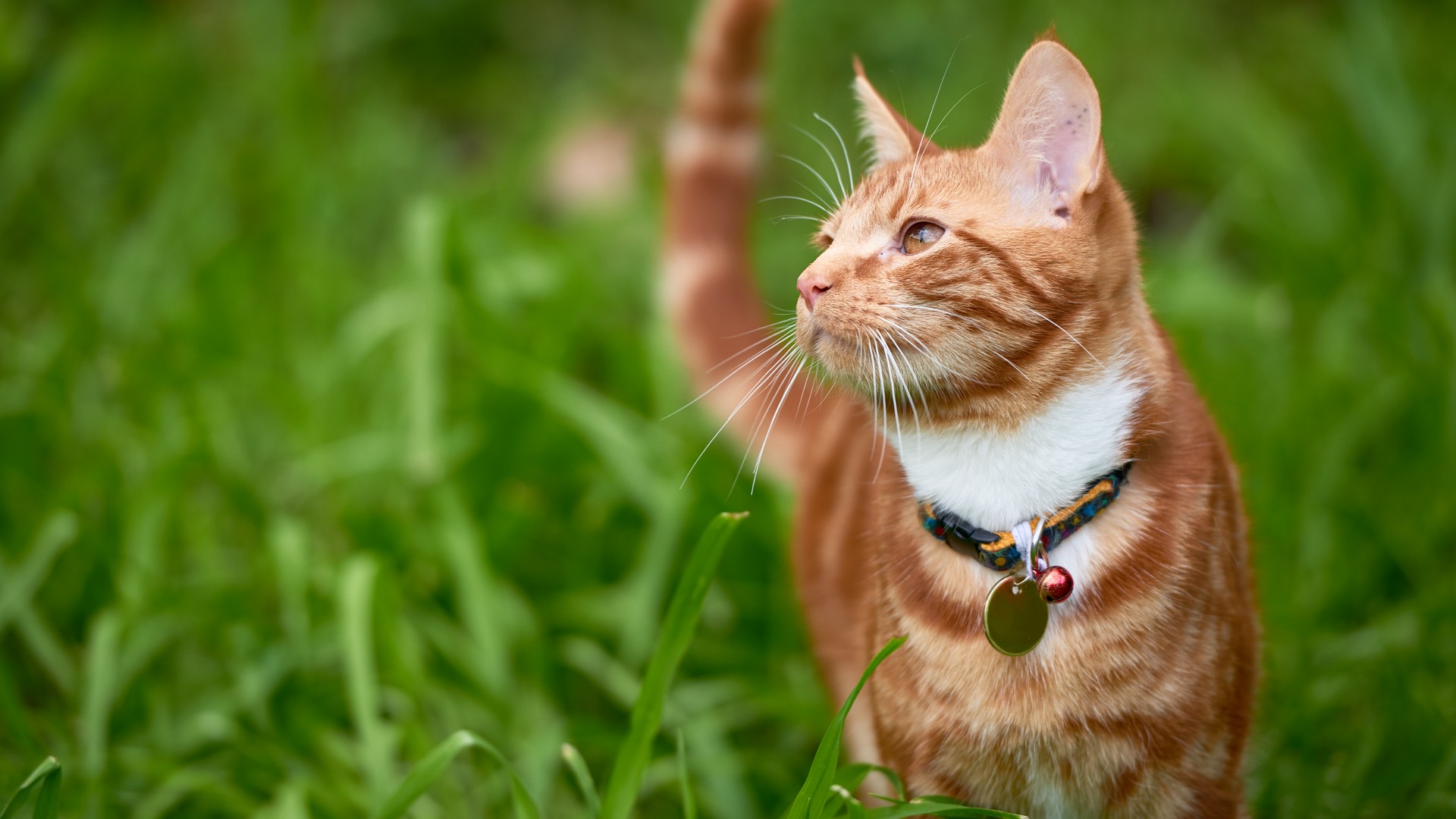
We recommend using a collar for your kitten with a tag included. Tags should include your name and address, especially if your kitten will grow into a cat who spends time outside without you. You may also want to consider a flea collar, for those pesky fleas.
17. Find the best cat litter
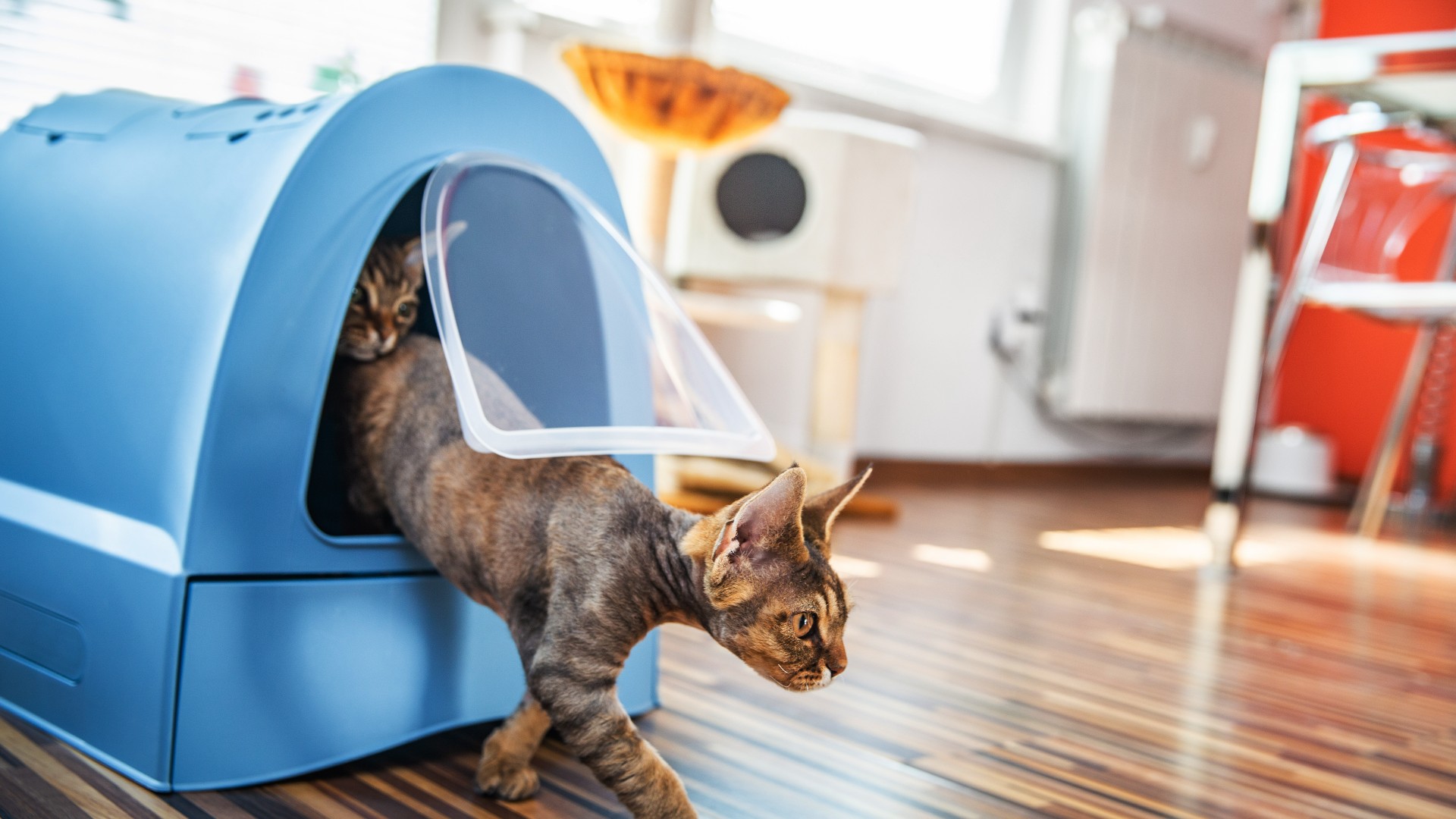
Litter is litter, right? Not necessarily, you have the choice between scented or unscented. The material can be clay, wood, or paper and so on. There are endless options when you’re talking about types of cat litter. You’ll want to be sure to carefully consider what is the best cat litter for your kitten.
18. Kittens need a lot of sleep

Kittens spend almost 90% or around 20 hours of their day sleeping. You don’t need to worry about how much they are sleeping unless they seem to have low energy levels when they are awake. You can also stay near your kitten while they are sleeping to help them feel safe and secure.
19. The kitten’s previous home

If you are purchasing a kitten from a breeder or someone else you know, it is important to know how the kitten and its mother were living prior. If they were both well looked after and had good living conditions, generally the kitten will be healthy and transition well to its new home.
20. Pet insurance
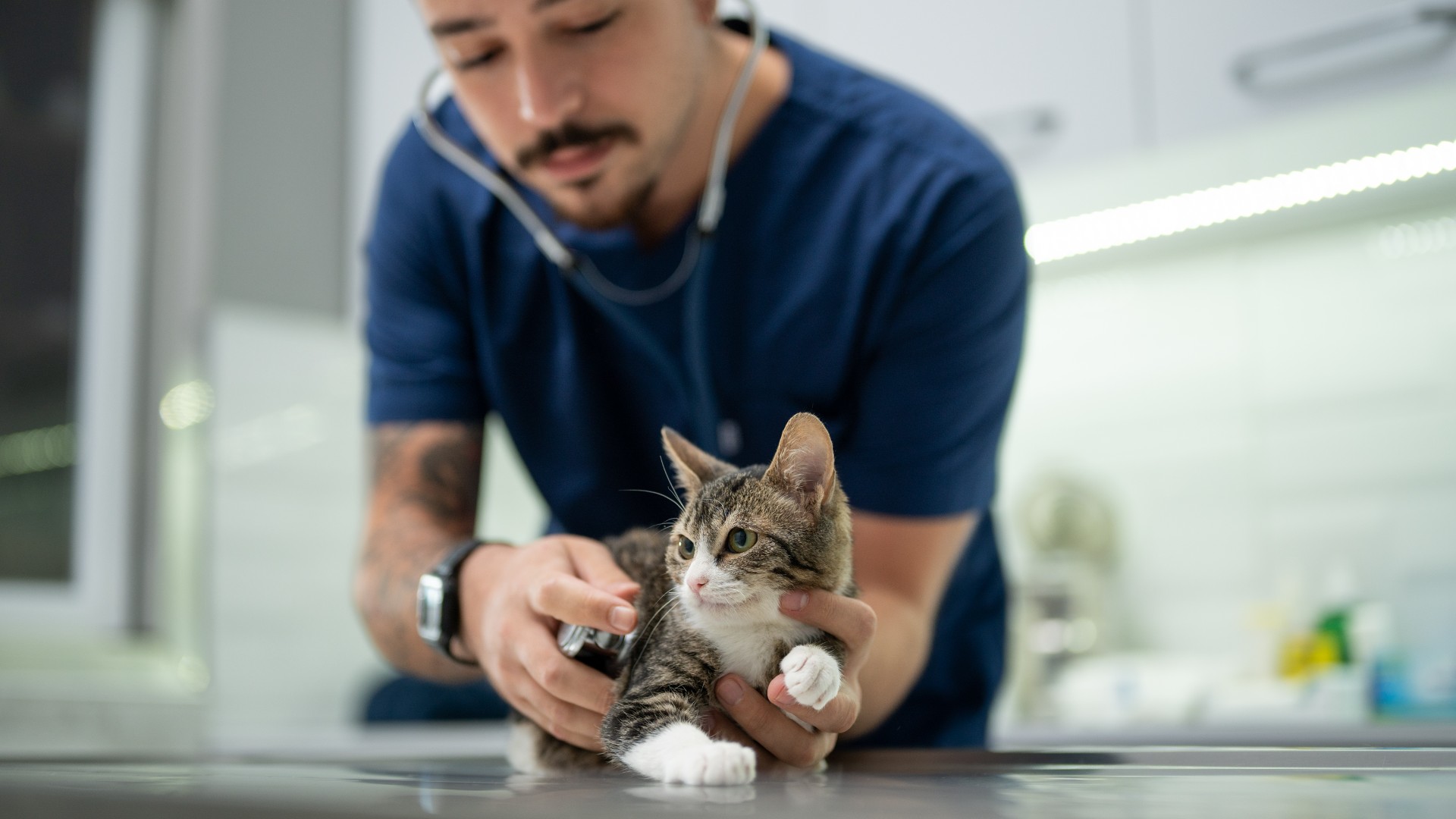
Trips to the vet can add up quickly. From basic health checks to vaccinations, having pet insurance will be vital to help offset these costs. Allow yourself some time to shop around for the best pet insurance for your new kitten.
21. Introducing your kitten to a dog
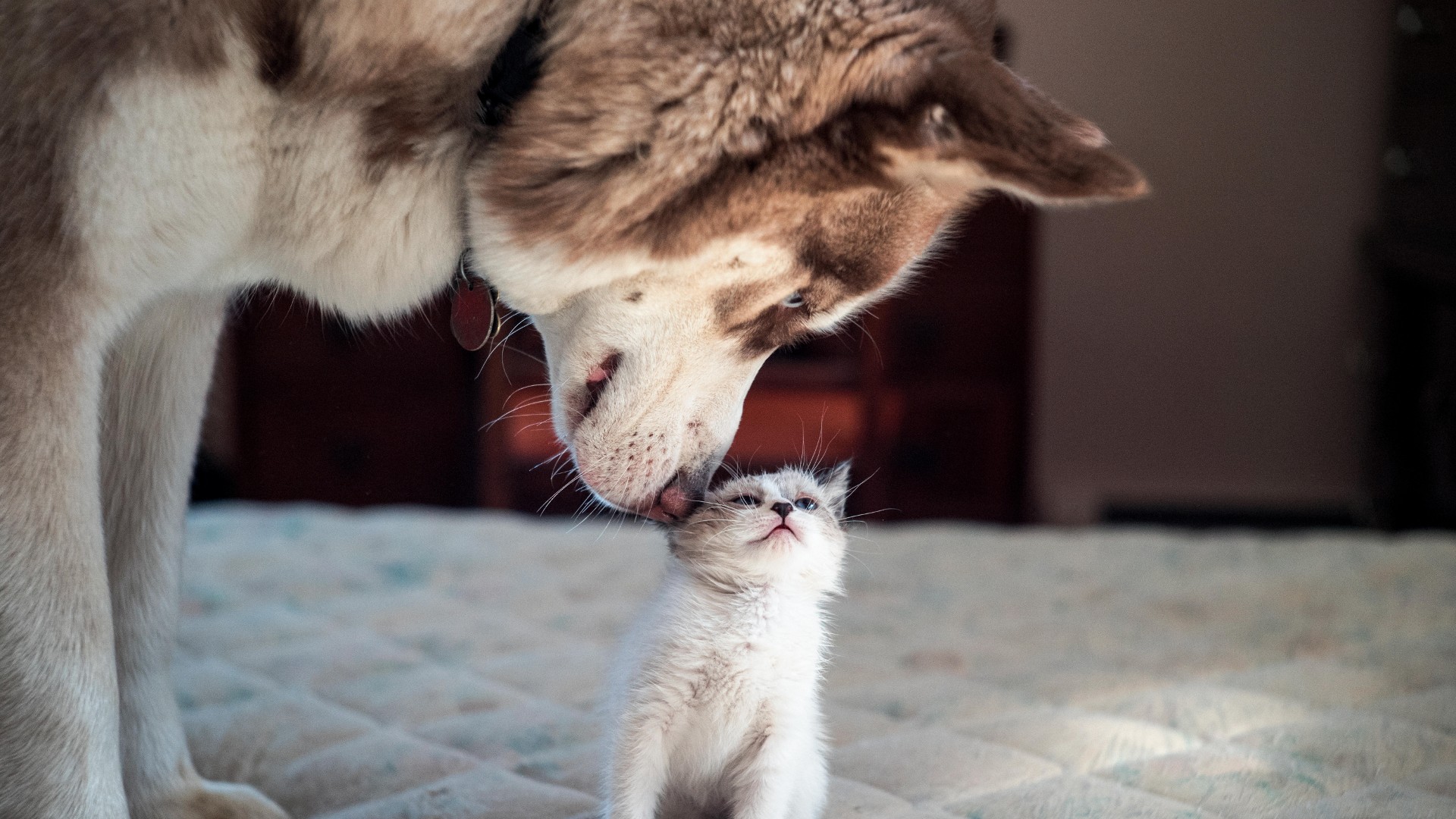
If you already have a pup around the house you’ll want to give them the chance to meet your kitten in a safe way. Allow your dog to sniff out the newcomer and get used to its scent. Creating a safe space for your kitten to be away from the dog is also a good way to give your kitten their own space so they don’t feel too overwhelmed.
22. Kitten training
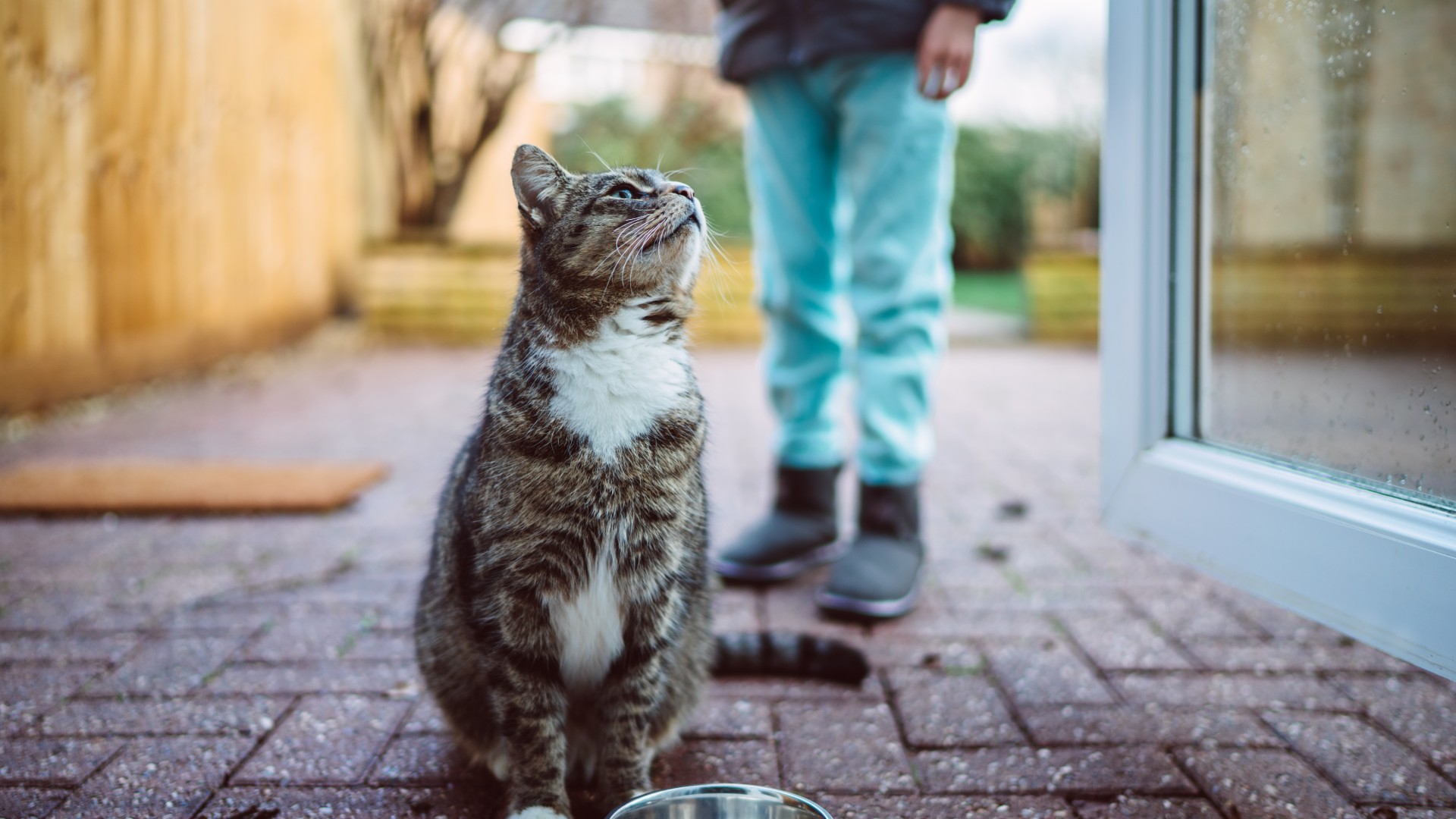
Most people have heard of puppy training, but learning how to socialize a kitten is just as important. Putting in the work to help your kitten learn social skills will help them to develop into well rounded cats as they get older.
23. Pet subscriptions

A regular subscription for food and litter for example can simply your life and take a few things off your to do list. Some of the best cat subscription boxes even include fun toys and treats that your kitty will be sure to love.
24. One or more?
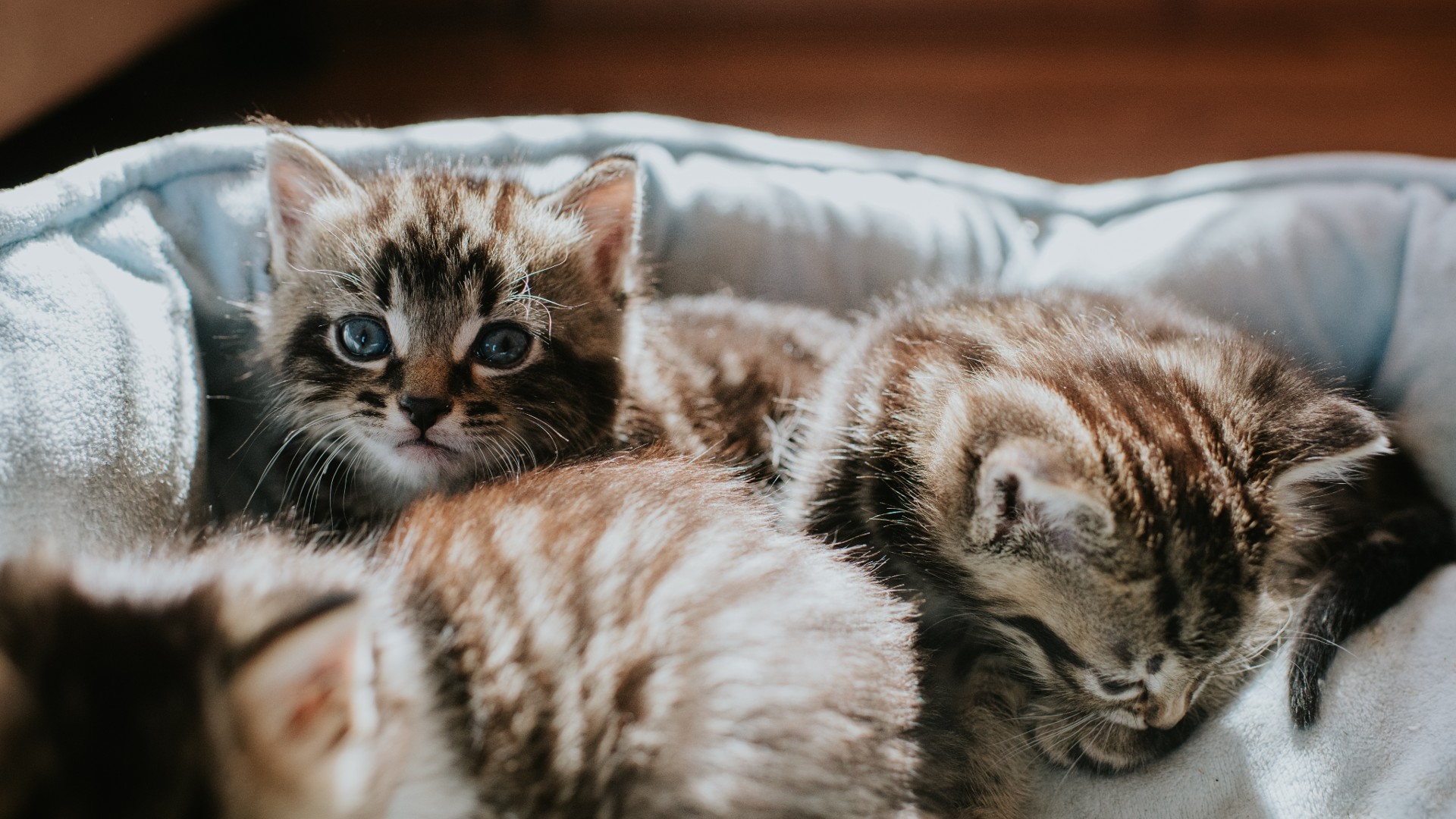
Are you only buying one kitten or entertaining the idea of getting more than one at a time. While they will definitely enjoy the company of another feline friend, it is worth noting the additional cost in vet appointments, food and general care costs. Not to mention the additional work that will come with it, unless you are up for a fun and furry challenge.
25. Create and maintain a routine
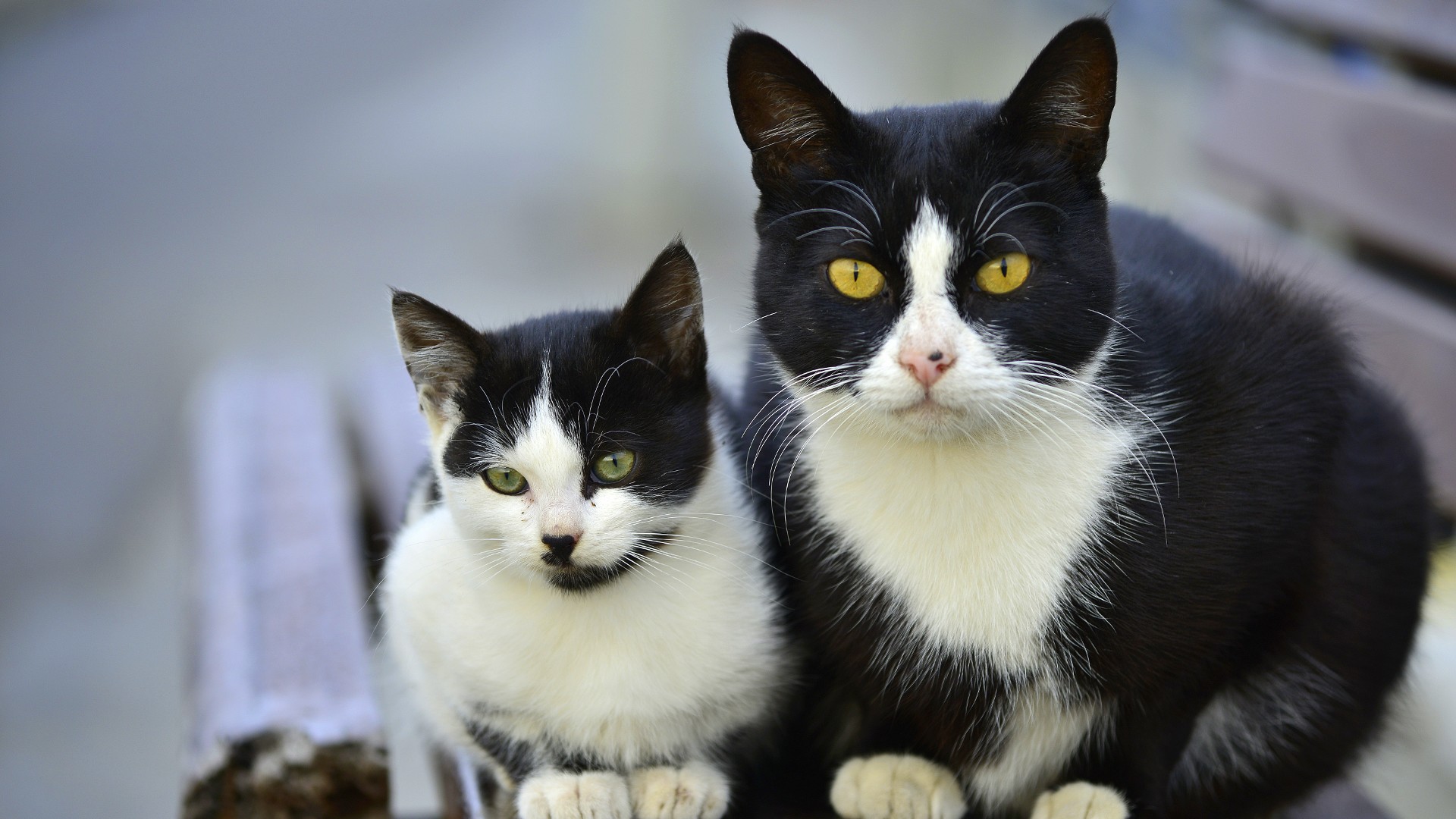
Kittens, like many humans, thrive on routine. It creates a sense of predictability that will help your kitten feel safe and secure in their home. It will also help you and your family adjust to life with a new pet.
26. DIY treats

Not everything you purchase for your kitten has to be store bought. You can whip up tasty and nutritious treats with simple ingredients you have lying around the kitchen. Ingredients like carrots, salmon, or tuna are all you need to make the best DIY cat treats.
27. Outside or Inside
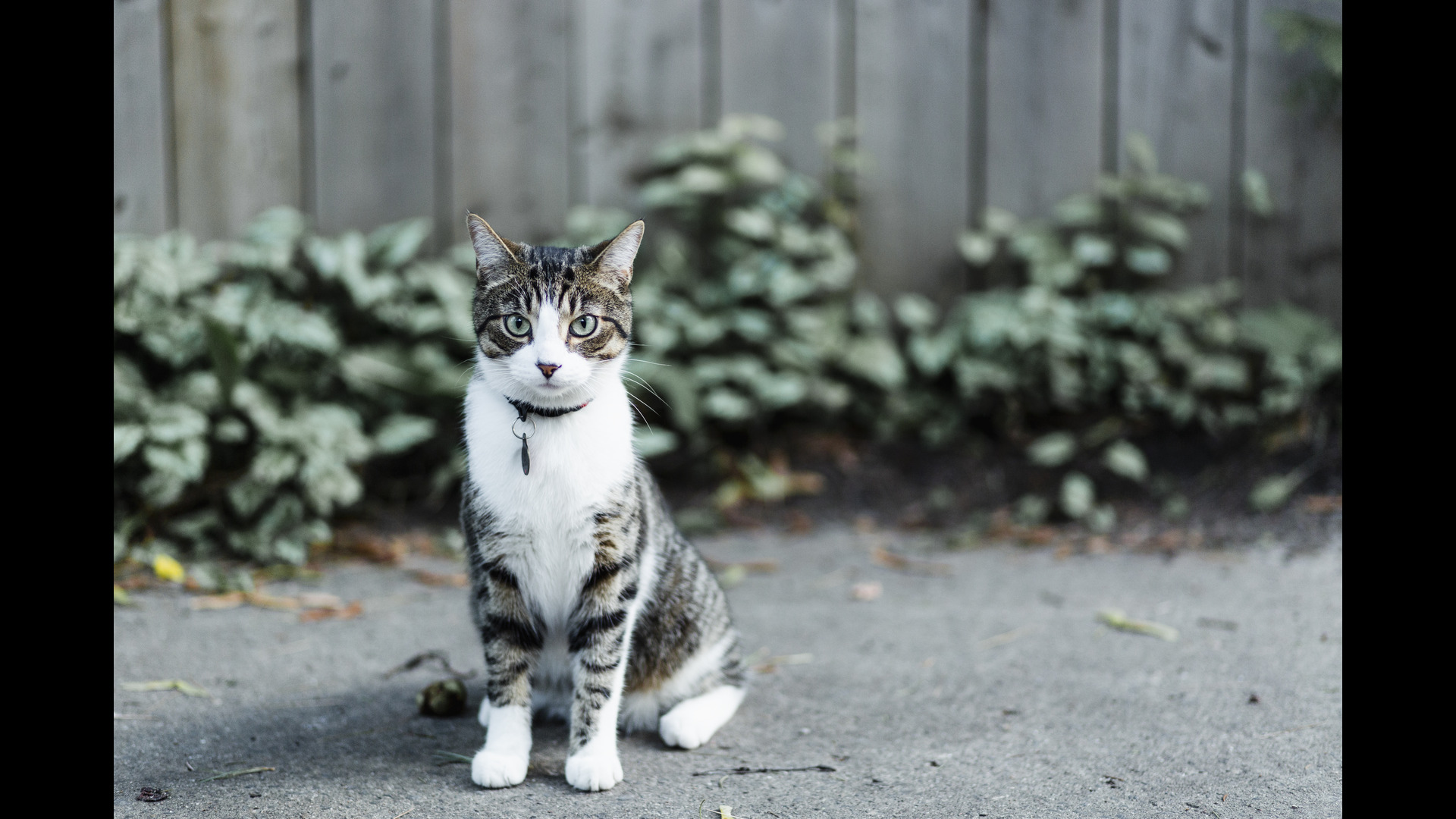
Will your kitten be spending time outside or will they strictly be in the house? If you think your kitten will grow into a cat that will be outside, it could be worth getting a cat door installed along with fun equipment that your kitten can play with while getting some fresh air.
28. Basic grooming tools
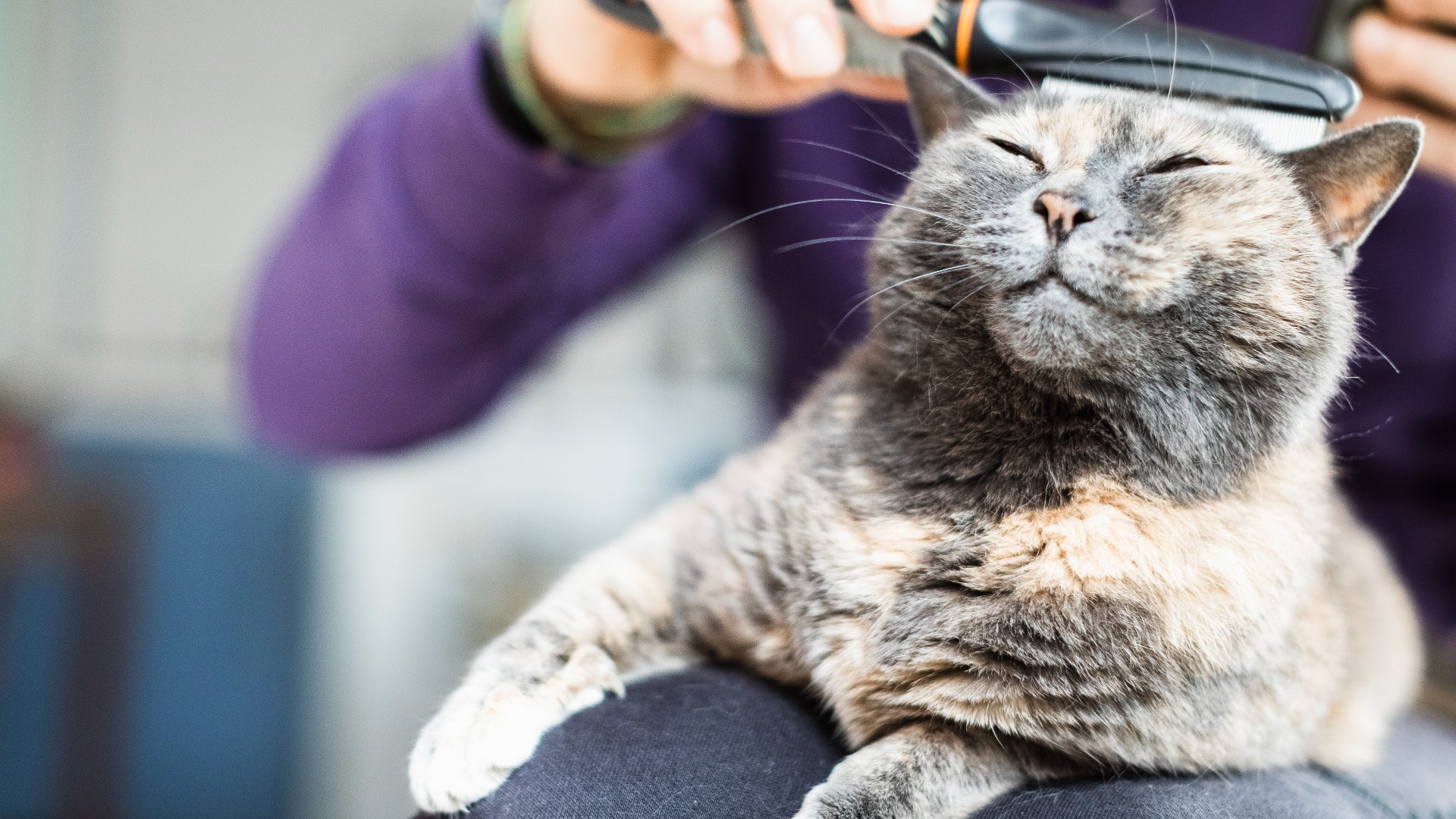
Your kitten will need regular brushing, nail trimming and general grooming upkeep. To help your feline friend stay looking and feeling their best, you’ll want to invest in the best cat brush you can find.
29. What type of climate you live in
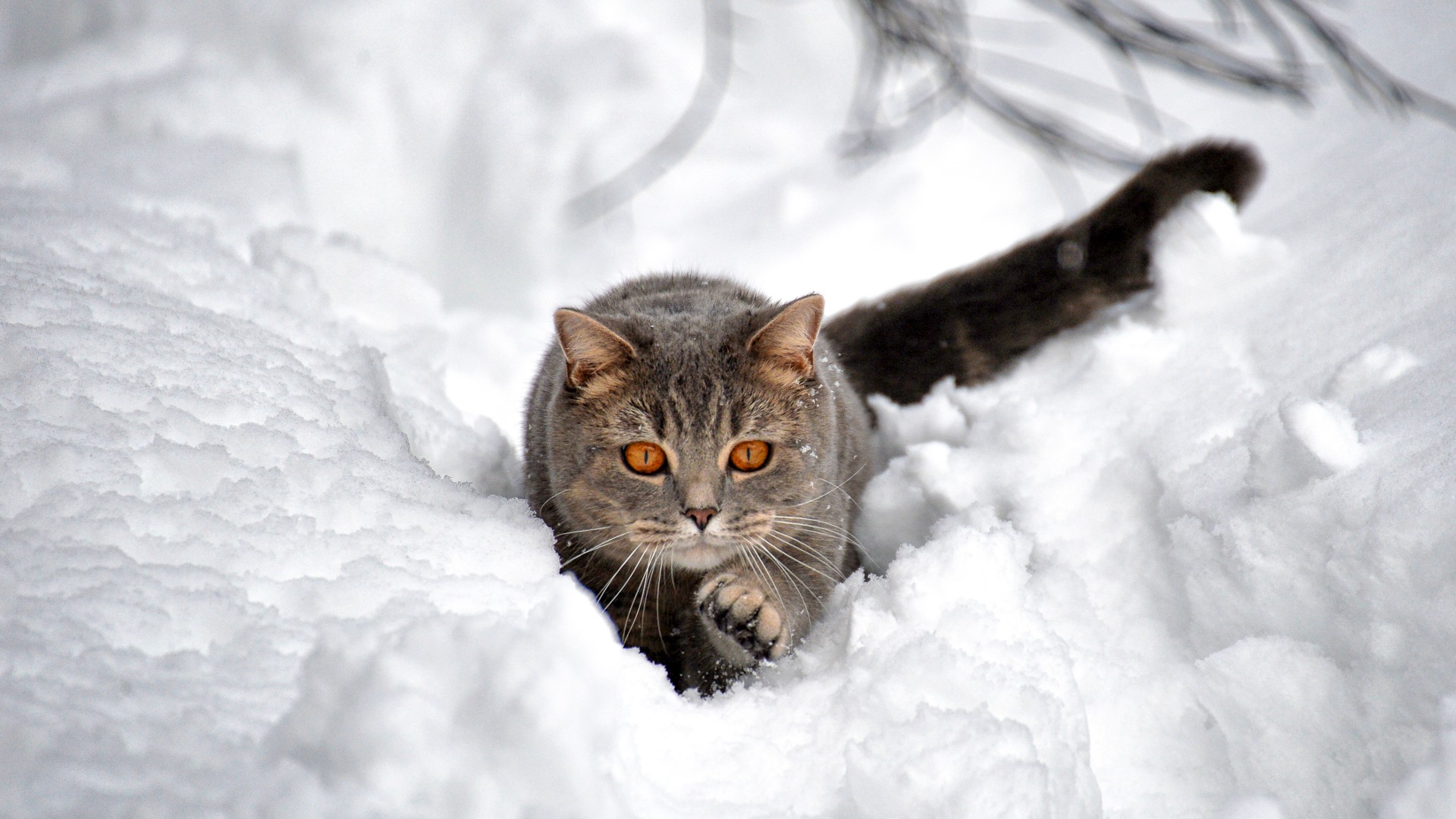
Whether you live in a warm or cold climate can determine which breed of cat will do best in your home. Cats with shorter coats may be more comfortable in hotter weather. While cats with longer or thicker coats will do better in colder climates.
30. Be prepared to feed them often
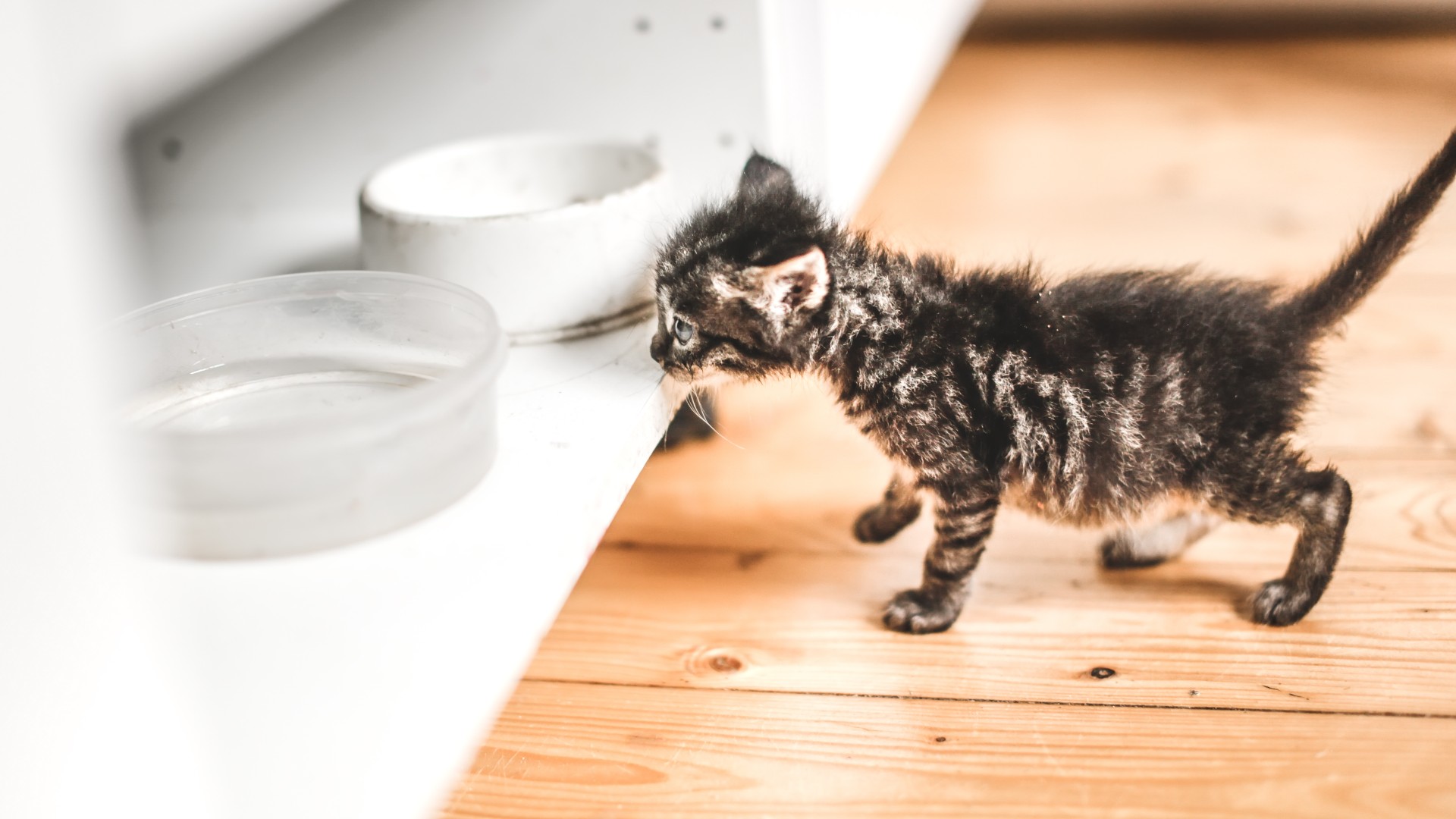
Kittens, like newborn babies, have small stomachs. They will most likely eat a little bit throughout the day. Newborn kittens up to four weeks will mainly nurse from the mother. At around eight weeks they will start a slow transition to solids that can take a couple weeks. A kitten at this age will need around four feedings a day.
31. Cleaning litter boxes
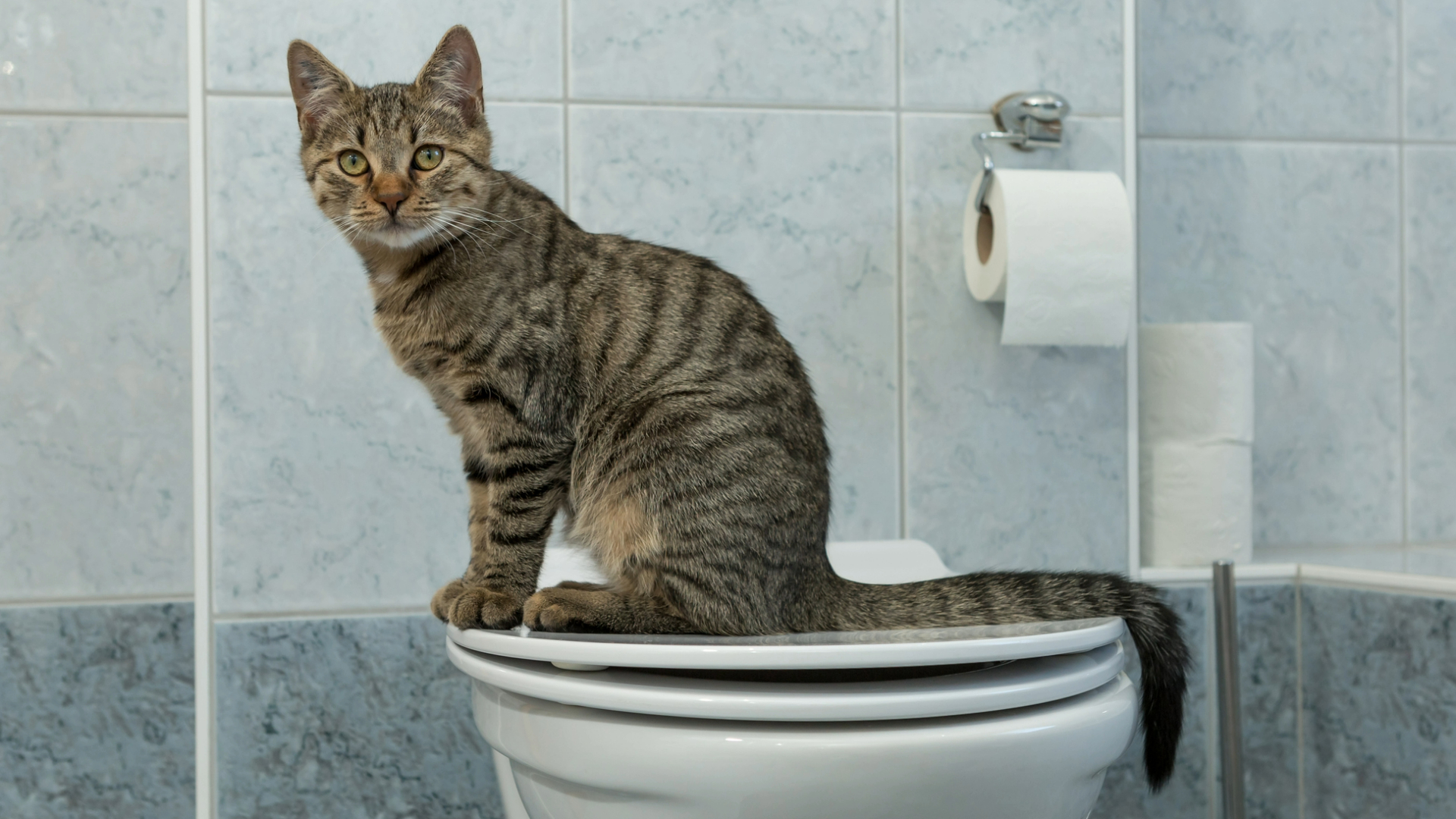
Getting your kitten to use the bathroom in their litter box is just half of the job. The next part will be cleaning the litter box. You will want to do this regularly to maintain a safe and sanitary environment.
32. Get familiar with things kittens can and can’t eat
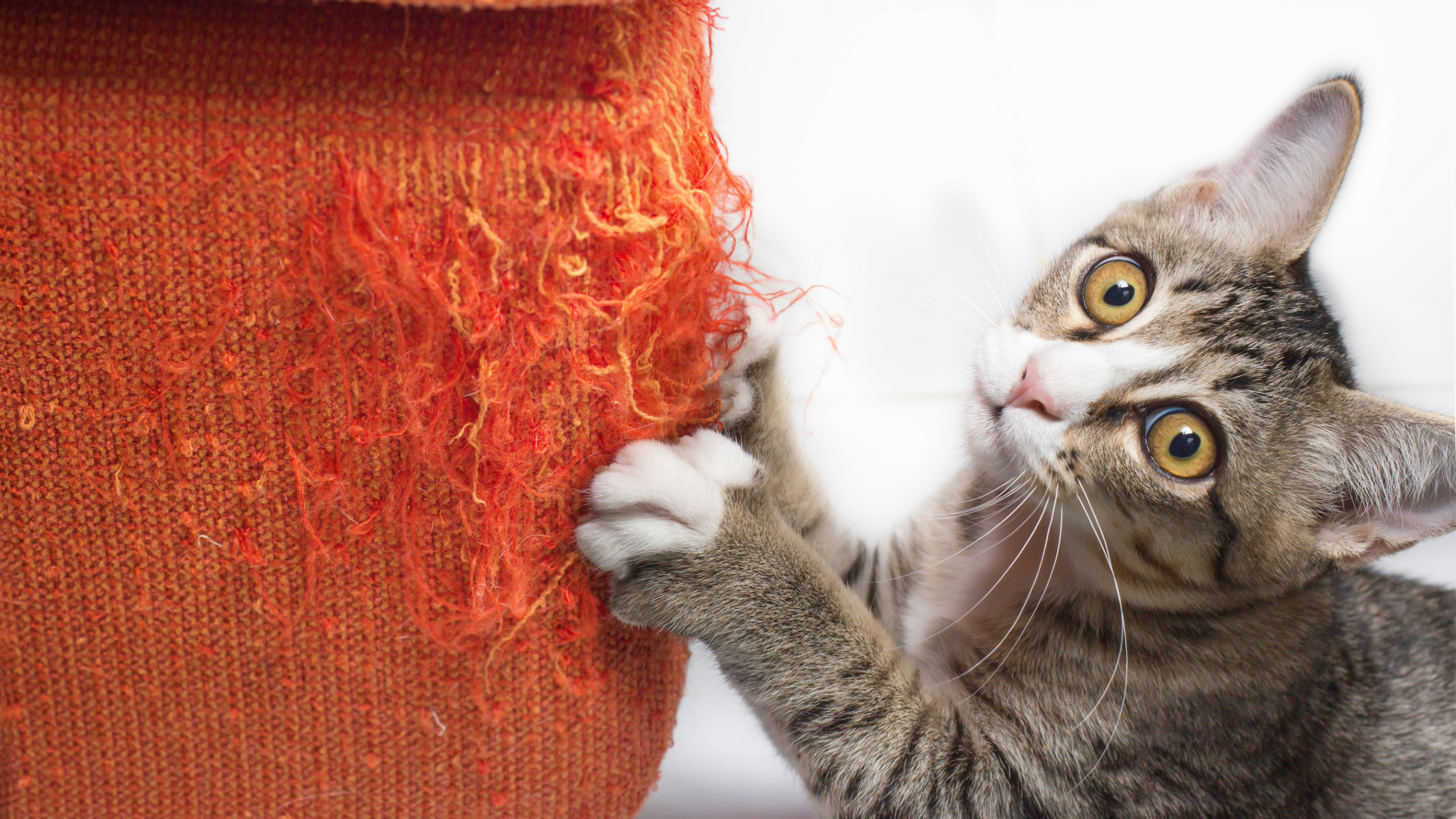
While movies often show kittens drinking bowls of milk, it is not recommended for kittens as it can make them sick. Other things like human baby food, eggs, and even freshly cooked fish are safe for your kitten to consume.
You might want to read: Bringing home a new kitten.

Our staff writer, Alexis, is a digital content specialist and passionate pet advocate with a background in lifestyle journalism. Raised in a lively home filled with cats, dogs, and fish, she channels her lifelong love for animals into creating helpful, research-driven content for pet parents.
She collaborates with veterinary professionals to ensure accuracy and is currently pursuing additional pet care certifications.
A graduate of Bowling Green State University, Alexis has contributed to major UK and US publications, including Daily Mail, Space.com, and Black Women Rising Magazine.
